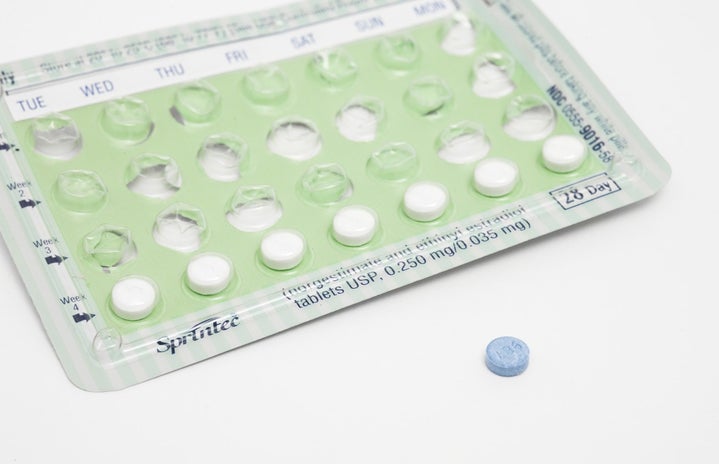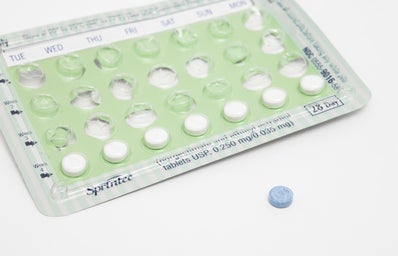A common misconception that sexually active women often have is that they should be free of any chances in developing cervical cancer or vaginal infections if they religiously use condoms or are on any form of contraception.
False.
A Pap test should be made a top priority for a sexually active female, by the age of 21, as a part of a regular checkup with your family doctor. It is a crucial procedure that could warn you about any formations of premature cancer cells developing in your cervix, or any symptoms of HPV around the genital area. You should get a Pap test every 3 years, unless otherwise told by your doctor.
There are a few important things you should know about Pap tests, whether you are a first to this procedure, a returning patient, a patient with abnormal results, a patient needing to consult with a specialist, or a patient needing treatment. No matter the case, talk to your doctor about any additional questions you might have regarding Pap tests.
Here are a few answers to questions you may have:
This is my first time taking a pap test
1. Does this procedure hurt? I am afraid of pain.
The Pap test is not painful; however, it might be a little uncomfortable, especially if you are sensitive in that area. The procedure is performed by medical professionals in a private room, using sterile utensils. In some cases, it is recommended to bring a close relative or friend for extra support. You can find a more detailed outline of how a Pap test is done here.
2. I am concerned about the outcome of my results. I wouldn’t want my parents knowing that I was sexually active because I would lose their trust.
You should not be afraid to tell your parents if anything serious has happened to you. They may not be happy about your decisions, but they put greater importance on your well being and will do anything to make sure you are healthy and safe. However, if you prefer to keep the results to yourself, the clinics are trained to disclose the information to the patient only, unless given further permission to do so.
I have gotten abnormal results
3. I’m not too sure what to expect at this point. What are my options from here on?
The results normally take 4-6 weeks to come in. Chances are the abnormal pap smear is usually caused by the Human Papilloma Virus (HPV), which can present itself in many forms. Some will require further treatment; however, some can be cleared on their own. For the cases requiring additional assistance, you might be referred to a colposcopy clinic for further examination. 80% of women who undergo pap tests will have an HPV at some point in their lives.
4. Is my partner safe if I have HPV? What can I do if I already have it?
Using a condom is one of the best ways you can protect the spreading to your partner; however, chances are he or she has already been exposed to the infection from skin-skin contact. The best thing you can do is visit your doctor and get your partner tested for any signs of the virus. In the meantime, you should consider getting the HPV vaccine because this can reduce your risk of getting another infection by 90%. The vaccines offered include Cervarix and Gardasil.
I am told I need to consult with a specialist
5. What exactly is the difference between a biopsy and a colposcopy?
The biopsy procedure is when a small piece of tissue from the cervix is removed with a special instrument. Regular side effects of this results in severe cramping in the lower abdomen, and can normally be relieved using over the counter pain killers. You should avoid having sex or inserting any tampons in the vagina for 4-5 days or until the light bleeding has stopped. Test results usually come within 3 weeks post procedure.
In contrast, a colposcopy uses the speculum (instrument to open the vagina) and dabs a vinegar solution to the opening of the cervix, while examining with a microscope. If abnormal cells are present, they will turn white upon application of the solution. Your doctor will inform you if further testing will be needed.
6. What if I’m on my period?
Normally if the period is light, the procedures can still take place; however, the appointment can always be rescheduled at a further date once your period has stopped.
I will be needing treatment
7. What are the different types of treatment I could be needing?
The LEEP refers to the Loop Electrosurgical Excision Procedure, which helps treat abnormal cells in the cervix by sending electrical currents to the prescribed area. This treatment lasts around 10 minutes.
The Cryotherapy technique is not so common in Canada, but is an effective method. The gynaecologist freezes the cervix using a probe, resulting in all abnormal cells to fall off over the next few days in the form of a watery discharge.
Similar to the cryotherapy, a laser can be used to vaporize the abnormal cells at the opening of the cervix.
8. Will this treatment hurt?
The sensation of the colposcopy is similar to that of a pap test. A biopsy should feel like a pinch inside of you, followed by cramping. The remaining treatments are normally performed using a numbing solvent, so there should not be much pain afterwards.
Although Pap tests might seem scary or uncomfortable at first, just remind yourself that you are keeping yourself and others safe and healthy by getting tested.

